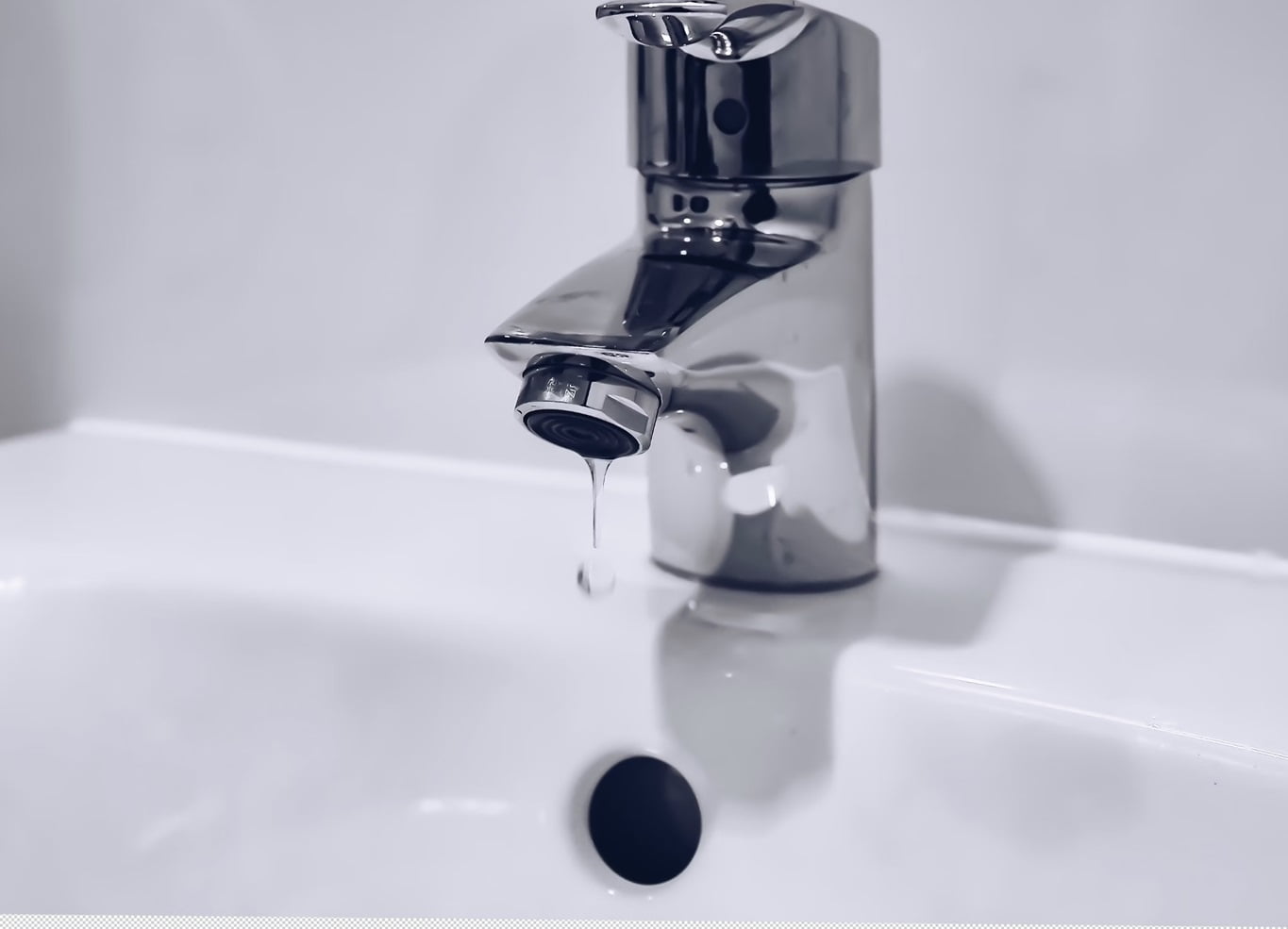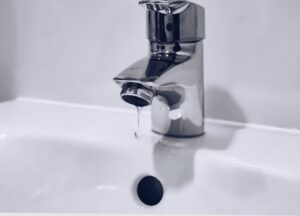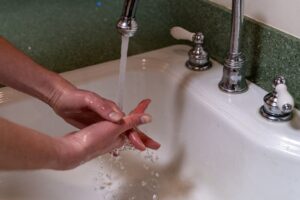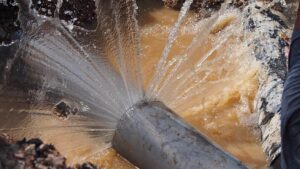Ever heard a strange gurgle from your sink, a groan from your shower pipes, or an ominous hissing coming from your basement? Your plumbing system is trying to tell you something! While some noises may be harmless, others are warning signs of trouble brewing.
Learning to understand your pipes’ peculiar language could save you from a costly plumbing emergency. We gathered the top info from plumbers in Charleston. Let’s delve into the strange and sometimes alarming soundtrack of your home’s plumbing.
Common Plumbing Noises and What They Might Mean
Here’s a breakdown of some of the most frequent plumbing sounds and their potential causes:
Gurgling Drains
That “blub-blub” sound is the classic sign of a slow or partially clogged drain. Food scraps, hair, grease, soap residue, or a combination of these culprits can impede water flow. A clogged drain usually goes hand-in-hand with a slow draining sink, tub, or shower.
Banging Pipes (Water Hammer)
When you hear a loud clanging or banging after quickly shutting off a faucet, you likely have a water hammer problem. This sudden jolt occurs due to a surge in water pressure. Over time, water hammer can weaken your pipes, eventually leading to leaks. It might also indicate that your pipes are not properly secured.
Whistling or Squealing
This high-pitched scream from your pipes could have several causes:
- Excessively High Water Pressure: Check whether the noise occurs only with specific fixtures or throughout your house.
- Faulty Pressure Regulator: Your main water pressure regulator might be malfunctioning.
- Partially Closed Valve: A valve somewhere in your system may be partially closed, creating a whistling effect as water is forced through.
- Leaks: In some cases, significant leaks in your pipes create a whistling or squealing sound.
Humming or Vibrating Noises
Humming sounds can sometimes trace back to appliances or faulty fixtures:
- Worn-Out Appliances: Washing machines, dishwashers, or refrigerators can produce odd humming as pumps or motors start to fail.
- Failing Water Heater: A failing water heater may also hum or whine before breaking down completely.
- Loose Pipes: Pipes not secured properly can rattle and vibrate against walls, floors, or other structures.
Running Water When Nothing’s On:
Is there a phantom using your toilet? You could have:
- Leaky Toilet Flapper: A worn-out flapper valve allows water to leak continuously into the bowl. This sound might be subtle like a gentle hiss until the tank refills.
- Hidden Leak: If you hear running water even when no faucets or toilets are in use, suspect a hidden leak within your walls, beneath your foundation, or somewhere else out of sight. This requires professional attention.
Hissing
Similar to whistling, hissing sounds often signal problems with water pressure:
- High Pressure: If the hissing is constant, your home’s water pressure may be too high, putting strain on your entire plumbing system.
- Significant Leak: A hissing sound can also indicate a serious water leak at a specific point in your pipes.
Sounds That Warrant a Closer Look
While minor gurgles or the odd hum can sometimes be ignored, pay close attention to these potentially concerning sounds:
Knocking or Pounding:
While it could be water hammer, knocking or pounding may mean more significant problems:
- Failing Valve: A failing shutoff or pressure valve in your system could create unusual pressure changes, causing knocking noises.
- Sediment Buildup in Water Heater: Mineral deposits hardening in your hot water tank can make knocking or popping sounds as the water heats. This signals the need for a professional flush.
Screeching
A sudden, high-pitched screech when using water often signifies a serious issue:
- Extreme Water Pressure: This could indicate a major problem with your water pressure regulator or somewhere along with your main water supply.
- Failing Fixture: Screeching may occur in a failing faucet or appliance part.
Rattling
Persistent rattling in your pipes could point to:
- Loose Pipes: Pipes not adequately secured may rattle and clang, especially when water is flowing through them.
- Damaged Pipes: Internal pipe damage can also cause rattling as water rushes past the compromised area.
- Debris Trapped in Lines: Occasionally, small pieces of debris get trapped in your pipes, causing rattling as they move with the water flow.
Gurgling Floor Drains
Strange gurgling sounds coming from your basement or laundry room floor drain can mean:
- Sewer Line Clogs: Blockages in your main sewer line can cause backflow and strange sounds throughout your drain system.
- Vent Pipe Problem: Issues with your plumbing vent pipes on the roof can prevent proper drainage and cause gurgling in lower drains.
When to Call the Plumbers in Charleston
Don’t hesitate to seek professional help from plumbers in Charleston if you experience:
- Noises You Can’t Identify: If you’re unsure of the source or cause, it’s far safer to let an expert diagnose the problem.
- Persistent or Worsening Issues: If DIY attempts fail to resolve the noise or the problem gets worse, it’s time for professional troubleshooting.
- Multiple Noises: A cacophony of strange sounds throughout your home might indicate a major issue with your main water supply or sewer lines.
- Concerns about Safety: Gas leaks or suspected major leaks in your water system warrant immediate professional attention.
Your Trusted Charleston Plumbing Partner: Rooter-Man SC
At Rooter-Man SC, we’re passionate about keeping your plumbing in top shape. From decoding weird noises to tackling complex repairs, our team has the expertise you need. With state-of-the-art equipment and transparent pricing, you can rest assured that your plumbing is in good hands.
Experiencing unsettling noises from your pipes? Don’t wait for a problem to escalate – book an appointment with Rooter-Man SC today!







